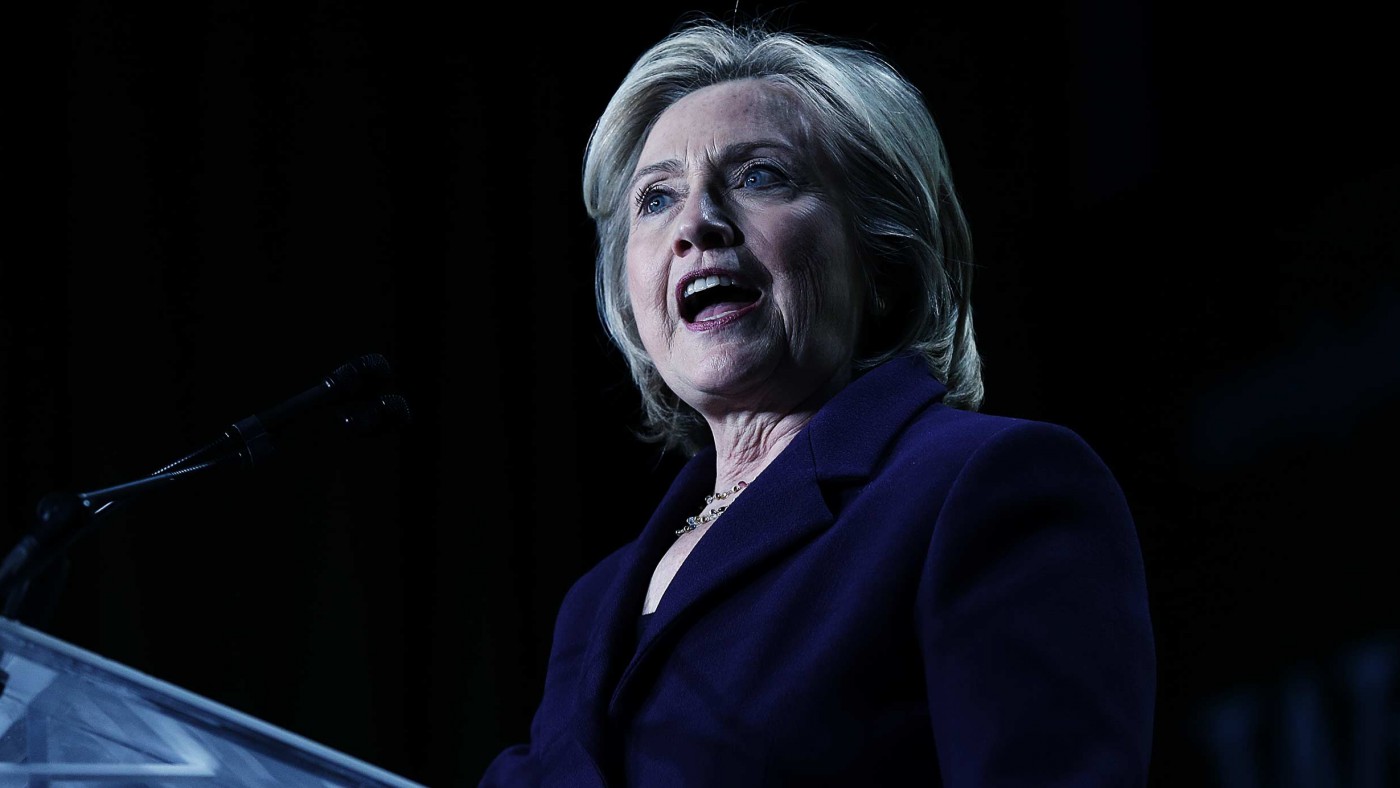My copy of The War Room, the classic fly on the wall documentary about Bill Clinton made during the 1992 presidential election, is on VHS. That’s how long ago the Clintons first became famous. In 1992, the DVD hadn’t been invented, or if it had it was not yet widely available. Netflix didn’t exist and the World Wide Web was only used by a handful of academics and techies to search something called the internet. What ever happened to the internet?
Twenty three years on, Hillary Clinton has announced, finally, that she is running for the White House for a second time, or fourth time if you count her husband Bill’s two races in which she played a major role.
Her campaign was launched with a folksy online campaign video that was every bit as slick and well-made as one would expect, considering how much money and campaign expertise Hillary has at her disposal. It is said that she will inevitably win the the Democratic nomination and become her party’s candidate for 2016.
There is a problem though. It isn’t just that it is difficult to think of a single major achievement that can be attributed to Hillary Clinton, despite her having spent so long in public life.
What matters much more in a potential President than a track-record of legislative achievement or specific executive experience is their worldview combined with character.
There Hillary could be in trouble. On foreign policy, she is certainly interested in allies and engagement with the outside world (although as Secretary of State she was complicit in the “leading from behind” approach adopted by President Obama),
Beyond that, what does she believe in? Big and very active government, of course. And she is a standard bearer for the now aged generation of liberals who were youngsters in the 1960s. The ambitious radicals of that period evolved, becoming corporate leaders, financiers and even First Lady in the case of Hillary. Love, it turned out, is not all you need. Money helps a lot too.
But does Hillary Clinton even want to be President? She doesn’t look particularly enthusiastic about the prospect herself. It is as though she feels she should be doing this because others want her to, because she embodies the fading hopes and ambitions of that generation of 1960s radicals that is now embracing retirement. She looks, in short, like the past, not the future.
Inevitably, her Republican critics have responded to her campaign launch by attacking her association with assorted scandals. But a Clinton being embroiled in scandal is not news. It’s just what happens. In the end what makes her most vulnerable is the way in which she so obviously struggles to explain why she wants the job in the first place.


